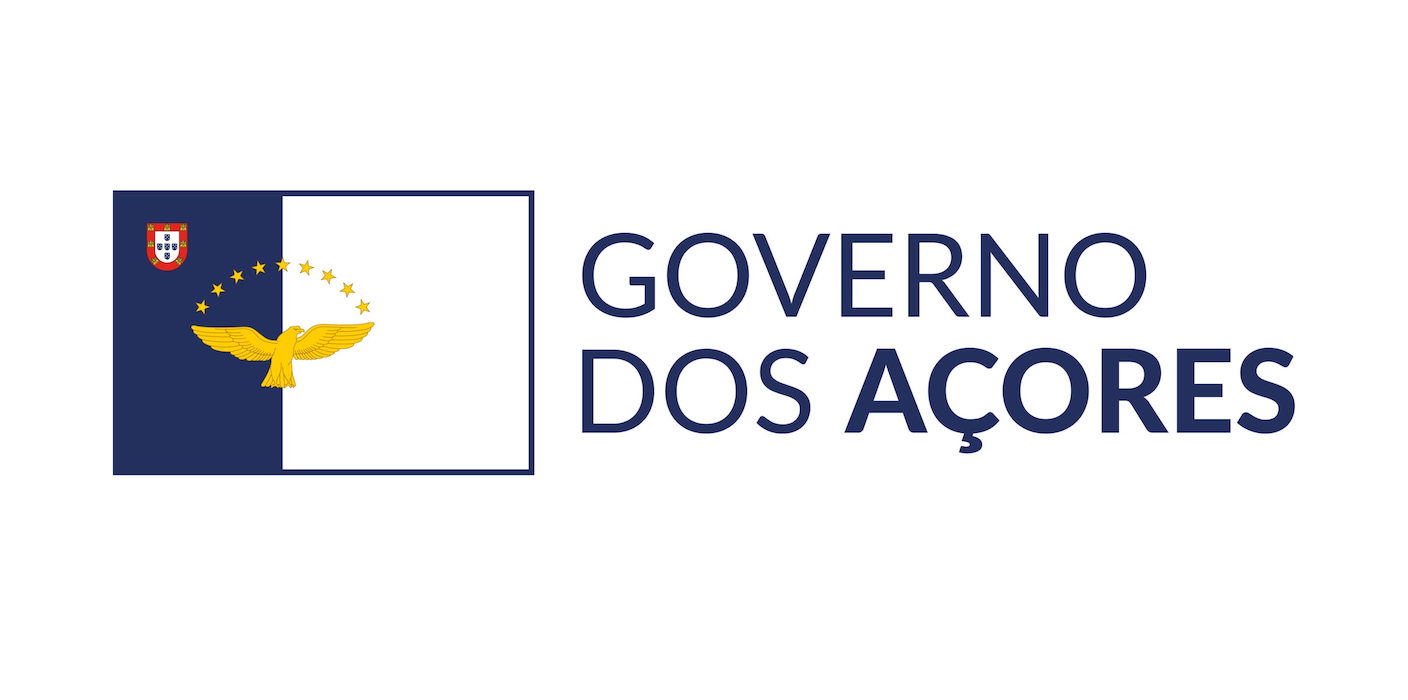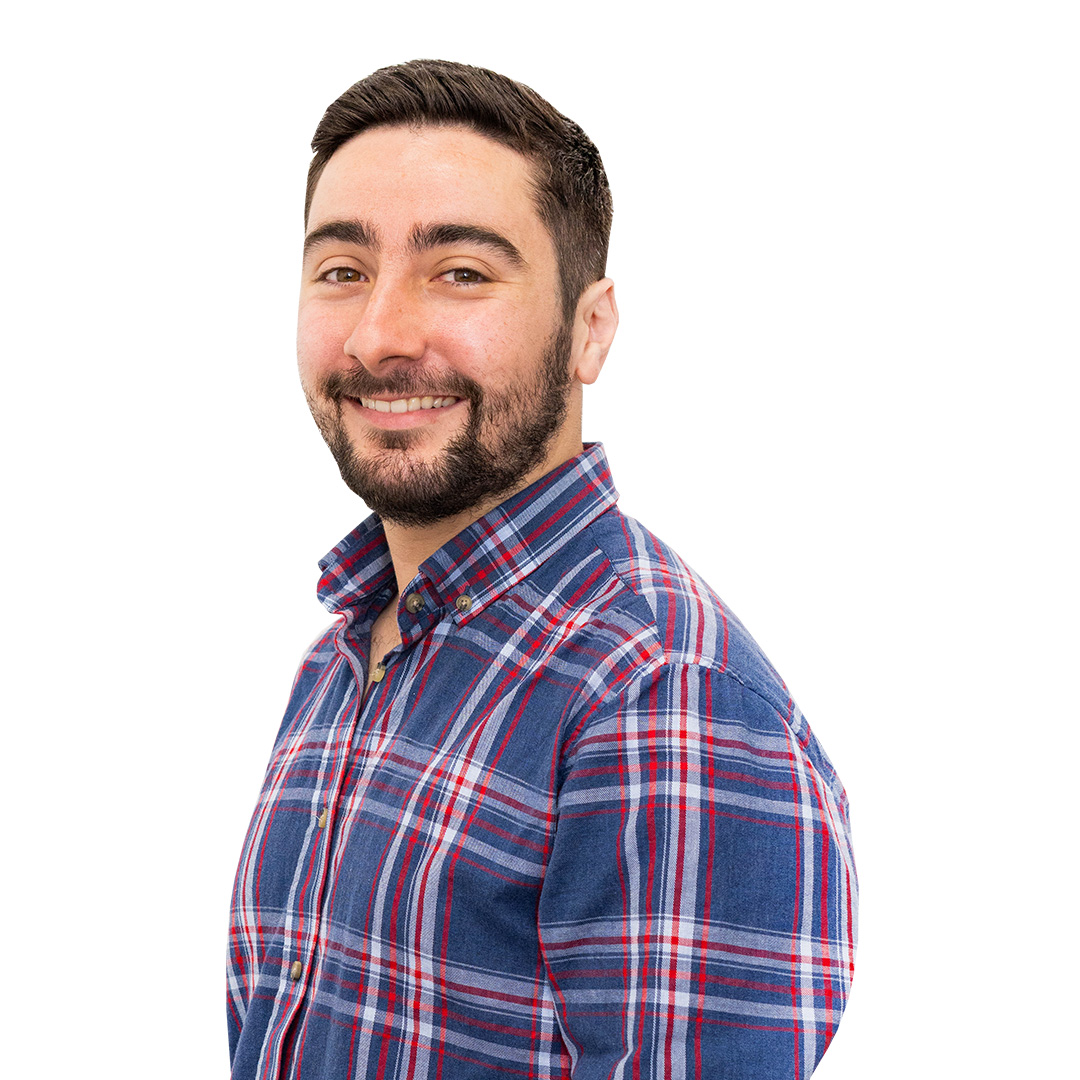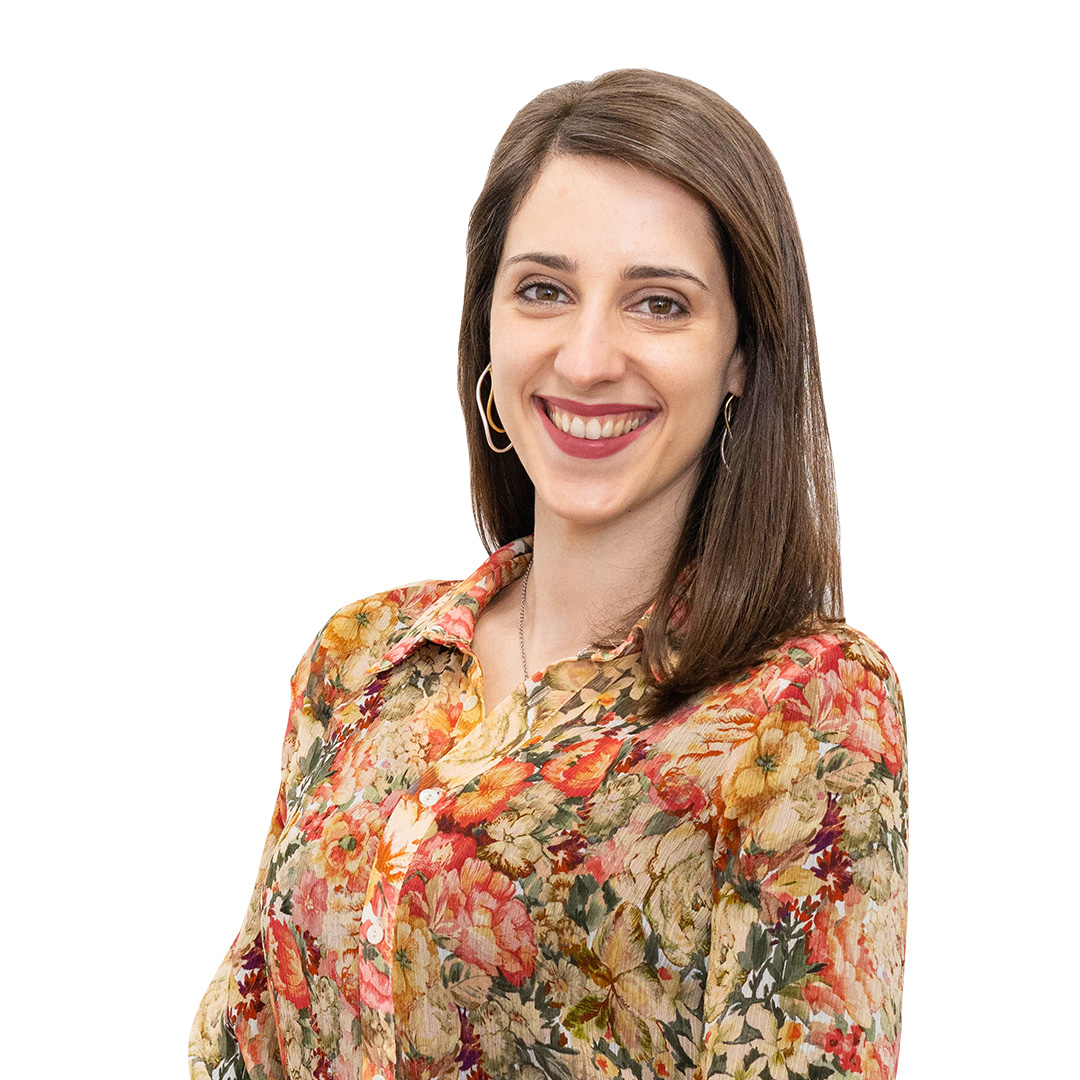
| Acronym: | M3.3.B/ORG.R.C/023/2023 |
| Cost Center: | 1166 |
| Operation Code: | M3.3.B/ORG.R.C/023/2023 |
| Title: | VII CICA - Families in Childhood |
| Start-End: | 20-04-2023 - 20-12-2023 |
| Entidade Beneficiária Principal: | Fundação Gaspar Frutuoso |
| Gestores da FGF: | Gonçalo Goulart, Paula Oliveira |
| Responsible Researcher: | Sofia de Oliveira Major |
| Organic Units: | FCSH - Faculdade de Ciências Sociais e Humanas |
| R&D Units: | NICA - Núcleo Interdisciplinar da Criança e do Adolescente |
| Entidade | Montante |
|---|---|
| Total Financing | 5.954,41 € |
| Direção Regional da Ciência e da Tecnologia (100.0 %) | 5.954,41 € |
| PROSCIENTIA (100.0 %) | 5.954,41 € |
Main Objectives:
The Interdisciplinary International Congress of Children and Adolescents (CICA) already has six editions with the support of the DRCT/DRCTD, being a scientific event that already has its place in the congresses organized in the Azores, always generating high expectations in the professionals/researchers who they assist you considering the interdisciplinary perspective that it has instilled. This year, the VII CICA will focus on the theme “Families in Childhood”, seeking to bring scientific and practical contributions in this area, which will allow responding to the needs of updating scientific and pedagogical knowledge of kindergarten teachers, teachers, psychologists, sociologists , social workers, researchers and other professionals, through the debate and sharing of knowledge and research carried out around this theme. Considering the ecological model proposed by Urie Bronfenbrenner, the family is part of the child's microsystem. In this sense, the family represents the first socialization context of children, occupying a prominent place in the integral development of the child (e.g., motor, cognitive, socio-emotional, moral), and a preponderant role in the first experiences of bonding, socialization, learning. In addition, the family can also represent a protective or risk factor for the development of children and adolescents, thus highlighting the importance of holding an international congress on this topic in the Azores. The World Health Organization (WHO) defines the family as the context of health promotion and disease reduction, where, from birth, individuals develop health beliefs and behaviors. UNESCO also highlights the role of the family by considering school, family and health care as the three pillars for ensuring inclusion and educational equity. In force since September 2, 1989, the Convention on the Rights of the Child (adopted by the UN General Assembly) highlights in its preamble the unparalleled role of the family, “as a fundamental group of society and a natural environment for the growth and well-being of children”. of all its members and, in particular, of children, must receive the necessary protection and assistance in order to be able to assume fully its responsibilities within the community”. The nuclear role of the family in childhood has aroused the interest of the scientific community in such dispersed areas of knowledge (e.g., genetics, medicine, nursing, psychology, education, sociology, philosophy, economics), emphasizing its interdisciplinarity. In the national context, and emphasizing the importance of the family-school relationship, the Curriculum Guidelines for Pre-School Education (OCEPE, 2016) include a section focused on Educational Intentionality, in which the relevance of the role of parents/family as partners, considering that the development of this process requires the participation of different actors (children, other professionals, parents/families), through forms of communication and strategies that promote this involvement and facilitate the articulation between the different contexts of the child's life. Considering that the Interdisciplinary Center for Children and Adolescents (NICA-UAc) seeks to promote research on childhood issues and their development, the VII CICA aims to offer its participants the opportunity to discuss, analyze, debate, problematize and disseminate research and good practices, promoting a better understanding and deepening of issues related to the role of families in childhood through three conferences, eight workshops and three external events that will translate into a unique opportunity for reflection, discussion and learning. The event will return to its face-to-face format for four days, and will feature the participation of 11 specialists from different professional and research areas from different locations, of which one is regional (Anabela Faria, Regional Coordinator for Early Intervention; Terceira Island) and eight (Álvaro Laborinho Lúcio, recognized jurist, university professor and writer with several prominent roles in associations linked to the Rights of the Child and the Rights of Minors and the Family; Maria João Seabra Santos, Associate Professor at the Faculty of Psychology and Educational Sciences of the University of Coimbra, with extensive experience in parental training programs; Margarida (Bru) Junça, reading mediator and storyteller, responsible for the Reading Time of the 1st and 2nd Years of Schooling in Home Study during the COVID-19 pandemic Rita Francisco, Assistant Professor at the Faculty of Human Sciences of the Catholic University of Portugal, coordinator of the Master's Degree in Psychology of Well-Being and Health Promotion and of the Postgraduate Course on System for the Promotion and Protection of Children and Young People; Maria Barbosa Ducharne, Assistant Professor at the Faculty of Psychology and Educational Sciences of the University of Porto, researcher in charge of several projects focused on the theme of adoptive families (AdoPt - Adoptive Families' strengths, difficulties and service needs: A Portuguese follow-up study ); Vanda Gato, technical trainer at the Association of Professionals in Childhood Education (APEI), coordinator and founder of Centro Regenerativo Florescer; Lígia Azevedo, General Directorate of Education, coordinator of the SeguraNet project; and Andreia Hall, Associate Professor at the Department of Mathematics at the University of Aveiro, coordinator of the project Stories with a flavor of Mathematics and member of the Circo Matemático team; from Lisbon, Coimbra, Porto, Aveiro, Évora). The VII CICA also has two international specialists: Francisco Javier Méndez Carrillo, Full Professor, specialist in Clinical Psychology at the University of Murcia (Spain), director of the book collections “Ojos Solares” on prevention and treatment of psychological problems in childhood and “ Guides for Fathers and Mothers”; and Luis Abad Mas director of Red Cenit (Valencia, Spain). The various scientific areas and areas of activity of the invited specialists suggest moments of interdisciplinary sharing, exchange of ideas, with reflection, discussion and learning about the implications of families in the development of children and young people. The meeting will also feature two moments of free communications open to the participation of regional, national and international researchers who submit summaries duly substantiated and evaluated by the scientific committee, involving themes within the scope of the meeting theme that will enhance the dissemination of research results. Finally, the VII CICA includes three events in an extra-university context that will allow the contributions of the invited specialists to be extended to the general community and thus bring science closer to citizens: 1) reading session for parents and children at Livraria Letras Lavadas (Margarida Bru Junça), 2) parent-child session on family health and well-being at Projeto Novas Rotas (Rita Francisco), and 3) parent-child session on family going to school at Colégio São Francisco Xavier (Vanda Gato ). Given the scope of the theme of the VII CICA, this event is intended for a very wide audience, and may be of interest to professionals and researchers in the areas of education, psychology, philosophy, mathematics and the Portuguese language, nursing, law, sociology, social work linked to work with children, adolescents and their families in a variety of contexts, as well as members of the political sector and society, such as parents. The VII CICA also has several scientific partnerships with regional, national and international entities (e.g., CINEICC), with companies (Letras Lavadas), with the government (Regional Secretariat for Health and Sports), and with civil society (Colégio São Francisco Xavier and Projeto Novas Rotas - Escola Básica Integrada das Capelas), which will make it possible to project the Autonomous Region of the Azores through the establishment and reinforcement of partnerships with these entities.
Project Description:
The Interdisciplinary International Congress of Children and Adolescents (CICA) already has six editions with the support of the DRCT/DRCTD, being a scientific event that already has its place in the congresses organized in the Azores, always generating high expectations in the professionals/researchers who they assist you considering the interdisciplinary perspective that it has instilled. This year, the VII CICA will focus on the theme “Families in Childhood”, seeking to bring scientific and practical contributions in this area, which will allow responding to the needs of updating scientific and pedagogical knowledge of kindergarten teachers, teachers, psychologists, sociologists , social workers, researchers and other professionals, through the debate and sharing of knowledge and research carried out around this theme. Considering the ecological model proposed by Urie Bronfenbrenner, the family is part of the child's microsystem. In this sense, the family represents the first socialization context of children, occupying a prominent place in the integral development of the child (e.g., motor, cognitive, socio-emotional, moral), and a preponderant role in the first experiences of bonding, socialization, learning. In addition, the family can also represent a protective or risk factor for the development of children and adolescents, thus highlighting the importance of holding an international congress on this topic in the Azores. The World Health Organization (WHO) defines the family as the context of health promotion and disease reduction, where, from birth, individuals develop health beliefs and behaviors. UNESCO also highlights the role of the family by considering school, family and health care as the three pillars for ensuring inclusion and educational equity. In force since September 2, 1989, the Convention on the Rights of the Child (adopted by the UN General Assembly) highlights in its preamble the unparalleled role of the family, “as a fundamental group of society and a natural environment for the growth and well-being of children”. of all its members and, in particular, of children, must receive the necessary protection and assistance in order to be able to assume fully its responsibilities within the community”. The nuclear role of the family in childhood has aroused the interest of the scientific community in such dispersed areas of knowledge (e.g., genetics, medicine, nursing, psychology, education, sociology, philosophy, economics), emphasizing its interdisciplinarity. In the national context, and emphasizing the importance of the family-school relationship, the Curriculum Guidelines for Pre-School Education (OCEPE, 2016) include a section focused on Educational Intentionality, in which the relevance of the role of parents/family as partners, considering that the development of this process requires the participation of different actors (children, other professionals, parents/families), through forms of communication and strategies that promote this involvement and facilitate the articulation between the different contexts of the child's life. Considering that the Interdisciplinary Center for Children and Adolescents (NICA-UAc) seeks to promote research on childhood issues and their development, the VII CICA aims to offer its participants the opportunity to discuss, analyze, debate, problematize and disseminate research and good practices, promoting a better understanding and deepening of issues related to the role of families in childhood through three conferences, eight workshops and three external events that will translate into a unique opportunity for reflection, discussion and learning. The event will return to its face-to-face format for four days, and will feature the participation of 11 specialists from different professional and research areas from different locations, of which one is regional (Anabela Faria, Regional Coordinator for Early Intervention; Terceira Island) and eight (Álvaro Laborinho Lúcio, recognized jurist, university professor and writer with several prominent roles in associations linked to the Rights of the Child and the Rights of Minors and the Family; Maria João Seabra Santos, Associate Professor at the Faculty of Psychology and Educational Sciences of the University of Coimbra, with extensive experience in parental training programs; Margarida (Bru) Junça, reading mediator and storyteller, responsible for the Reading Time of the 1st and 2nd Years of Schooling in Home Study during the COVID-19 pandemic Rita Francisco, Assistant Professor at the Faculty of Human Sciences of the Catholic University of Portugal, coordinator of the Master's Degree in Psychology of Well-Being and Health Promotion and of the Postgraduate Course on System for the Promotion and Protection of Children and Young People; Maria Barbosa Ducharne, Assistant Professor at the Faculty of Psychology and Educational Sciences of the University of Porto, researcher in charge of several projects focused on the theme of adoptive families (AdoPt - Adoptive Families' strengths, difficulties and service needs: A Portuguese follow-up study ); Vanda Gato, technical trainer at the Association of Professionals in Childhood Education (APEI), coordinator and founder of Centro Regenerativo Florescer; Lígia Azevedo, General Directorate of Education, coordinator of the SeguraNet project; and Andreia Hall, Associate Professor at the Department of Mathematics at the University of Aveiro, coordinator of the project Stories with a flavor of Mathematics and member of the Circo Matemático team; from Lisbon, Coimbra, Porto, Aveiro, Évora). The VII CICA also has two international specialists: Francisco Javier Méndez Carrillo, Full Professor, specialist in Clinical Psychology at the University of Murcia (Spain), director of the book collections “Ojos Solares” on prevention and treatment of psychological problems in childhood and “ Guides for Fathers and Mothers”; and Luis Abad Mas director of Red Cenit (Valencia, Spain). The various scientific areas and areas of activity of the invited specialists suggest moments of interdisciplinary sharing, exchange of ideas, with reflection, discussion and learning about the implications of families in the development of children and young people. The meeting will also feature two moments of free communications open to the participation of regional, national and international researchers who submit summaries duly substantiated and evaluated by the scientific committee, involving themes within the scope of the meeting theme that will enhance the dissemination of research results. Finally, the VII CICA includes three events in an extra-university context that will allow the contributions of the invited specialists to be extended to the general community and thus bring science closer to citizens: 1) reading session for parents and children at Livraria Letras Lavadas (Margarida Bru Junça), 2) parent-child session on family health and well-being at Projeto Novas Rotas (Rita Francisco), and 3) parent-child session on family going to school at Colégio São Francisco Xavier (Vanda Gato ). Given the scope of the theme of the VII CICA, this event is intended for a very wide audience, and may be of interest to professionals and researchers in the areas of education, psychology, philosophy, mathematics and the Portuguese language, nursing, law, sociology, social work linked to work with children, adolescents and their families in a variety of contexts, as well as members of the political sector and society, such as parents. The VII CICA also has several scientific partnerships with regional, national and international entities (e.g., CINEICC), with companies (Letras Lavadas), with the government (Regional Secretariat for Health and Sports), and with civil society (Colégio São Francisco Xavier and Projeto Novas Rotas - Escola Básica Integrada das Capelas), which will make it possible to project the Autonomous Region of the Azores through the establishment and reinforcement of partnerships with these entities.



